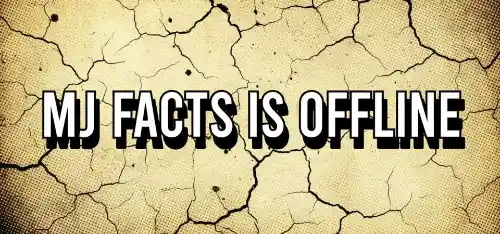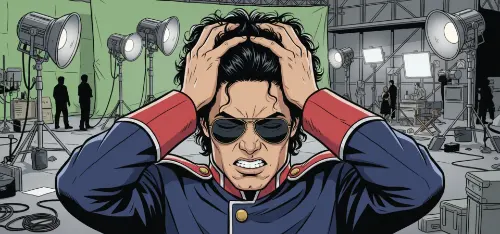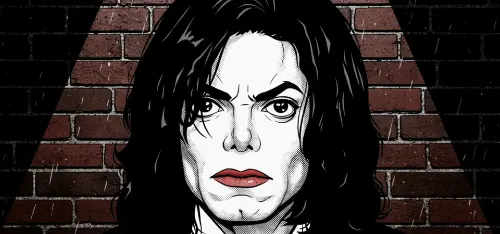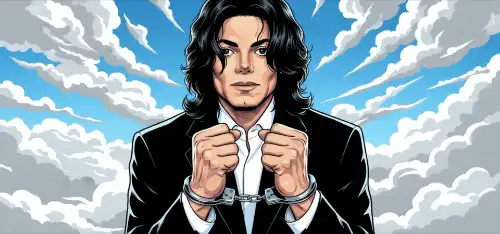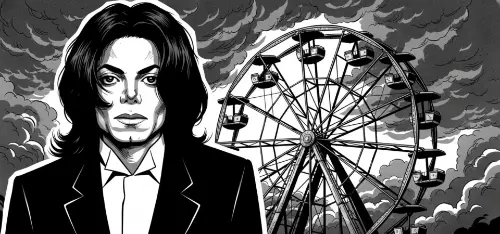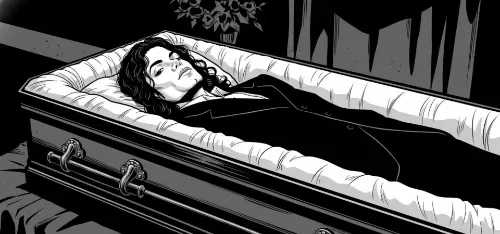Understanding the Legal Dispute Between The MJ Estate and HBO Over Leaving Neverland

March 13, 2020
There has been quite a bit of misunderstanding surrounding the ongoing legal dispute between Michael Jackson’s Estate and the television network HBO. Much of the confusion stems from the documentary Leaving Neverland, which has sparked intense public debate and legal wrangling since its release.
To put it simply, the documentary features two men, Wade Robson and James Safechuck, who claim they were sexually abused by Michael Jackson during their childhood. The programme has been heavily criticised by Jackson’s supporters, including the Jackson Estate, who argue that the allegations are false and that the documentary was one-sided and misleading.
Many believe that the Estate took legal action and sued HBO for defamation; however, this is not the case.
Let’s break down the details.
Why the Estate Can’t Sue for Defamation
Under US law, defamation claims can’t be made on behalf of someone who has died. This means Jackson’s Estate can’t sue HBO for defaming him directly. Instead, they’ve taken a different legal route — one that relies on a contract signed with HBO back in 1992.
This explains why the Estate hasn’t taken legal action against other broadcasters like Channel 4 or Amos Pictures, who made and aired the documentary. Those companies weren’t part of the original agreement.
The 1992 Contract: A Key Piece of the Puzzle
The estate argues that HBO broke a non-disparagement clause in a contract signed during Jackson’s Dangerous tour. This clause was meant to stop HBO from making any negative statements about Jackson or damaging his reputation.
However, such clauses are controversial. Critics say they can limit free speech, especially if they prevent people from sharing truthful but unflattering information. This raises questions about whether it was appropriate for Jackson’s team to insist on such a clause in the first place.
The Dispute Over Arbitration
The Estate claims HBO violated the agreement by airing Leaving Neverland, and they’ve pushed to resolve the matter through arbitration — a private legal process outlined in the original contract. HBO, however, has argued that the contract is too old to still be valid and that the issue should be handled in federal court instead.
Interestingly, the Estate has taken the unusual step of making the arbitration request public. Normally, such matters are handled quietly through organisations like JAMS or the American Arbitration Association. But in this case, the Estate filed a public petition just days before the documentary aired, likely to draw attention and shape public opinion.
What’s at Stake — and What Isn’t
It’s important to understand that this legal case won’t determine whether the allegations in Leaving Neverland are true. Instead, the arbitrator will decide whether HBO broke the terms of the 1992 contract.
Here’s what a win for either side would mean:
- If the Estate wins: It would show that HBO breached the contract by harming Jackson’s reputation, regardless of whether the documentary’s claims are accurate.
- If HBO wins: It would suggest the contract is no longer valid and raises broader questions about the infringement on free speech laws.
Either way, the outcome won’t confirm or deny the truth of the documentary’s content.
Legal Back-and-Forth
In September 2019, a judge sided with the Estate and allowed the arbitration to proceed. But in November, the same judge paused that decision so HBO could appeal. The Estate argued that HBO was dragging out a simple contract dispute, but the judge noted that the case raised complex free speech issues with few legal precedents.
In early 2020, HBO’s lawyer, Theodore Boutrous, asked the court to dismiss the case. He pointed out that the concert had only aired once and that neither side had treated the contract as active for nearly three decades. Unsurprisingly, HBO wanted the case thrown out — no company wants to risk a costly legal defeat over an old agreement.
The Court of Appeals Steps In
In December 2020, a panel of three judges from the US Court of Appeals ruled that the matter should go to arbitration, as the Estate had requested. While HBO argued the lawsuit was “frivolous,” the judges said it was up to the arbitrator to decide that.
HBO also claimed it never intended to give Jackson or his heirs the power to block future content. Boutrous argued the contract had expired once both sides fulfilled their obligations. But the judges disagreed, stating that an arbitration clause can still apply even if the rest of the contract has run its course.
Where Things Stand Now
As of February 2023, the arbitration process has officially begun. It’s being overseen by retired judge Terry B. Friedman through JAMS, a well-known arbitration service. His job is to decide whether the contract is still valid and, if so, whether HBO broke its terms.
Because arbitration is private, updates may be scarce — and it’s hard to predict how long the process will take. But the outcome could have significant implications for how old contracts are interpreted and how far non-disparagement clauses can go in limiting free speech.
As of the present, the matter continues to remain pending in arbitration, with no recent updates or developments reported on the lawsuit.
With permission, the following article was translated and enhanced from The Truth about Michael Jackson.
